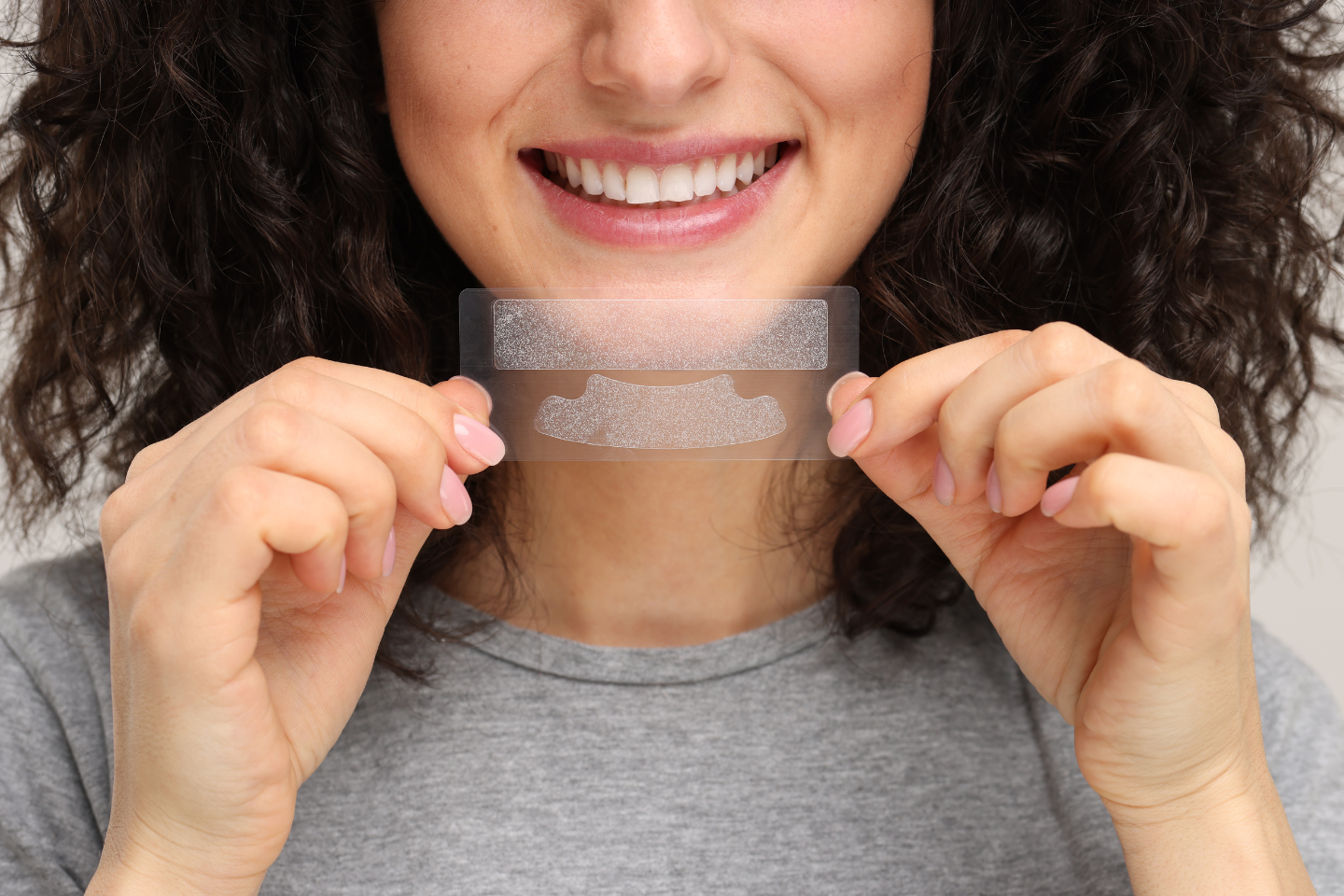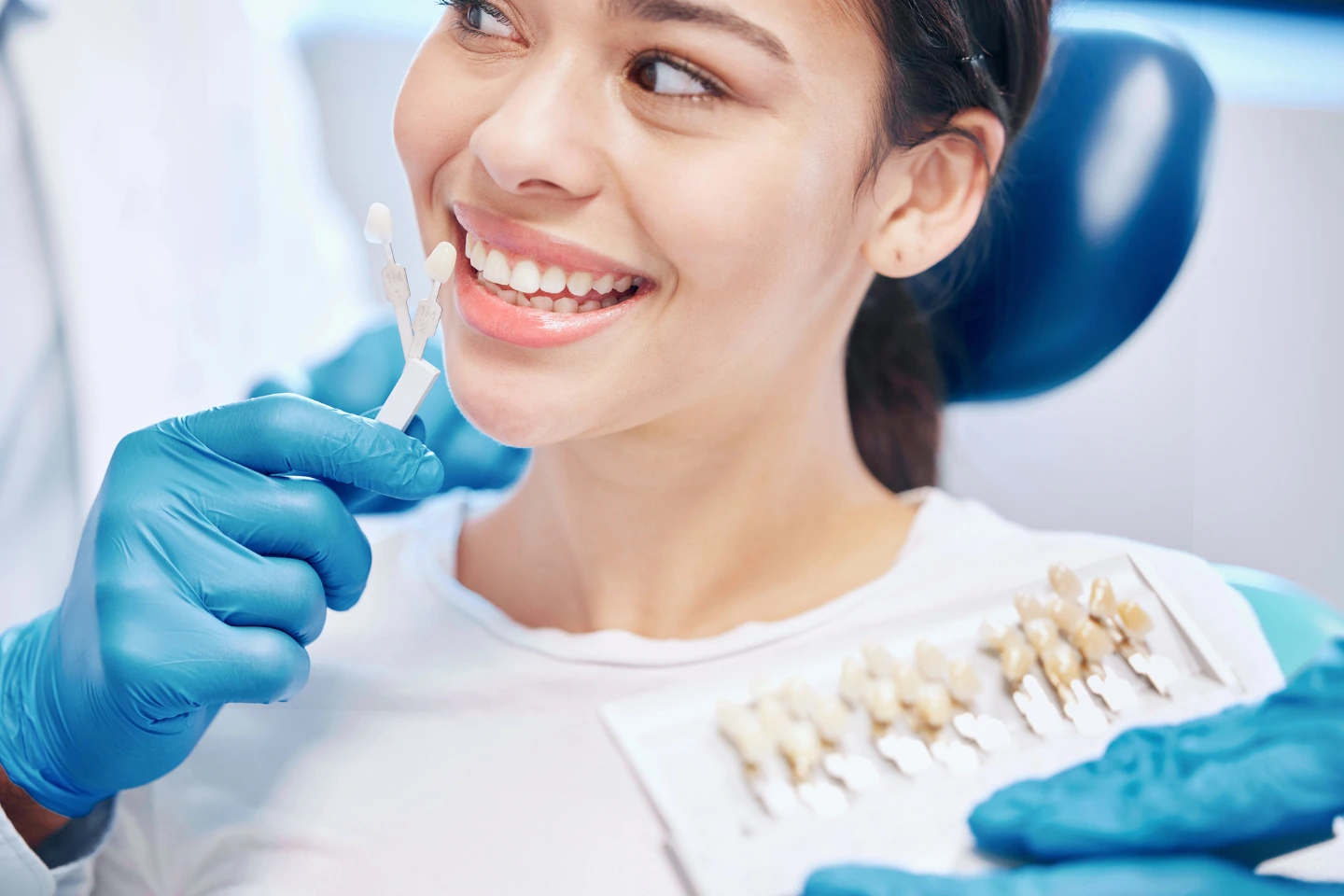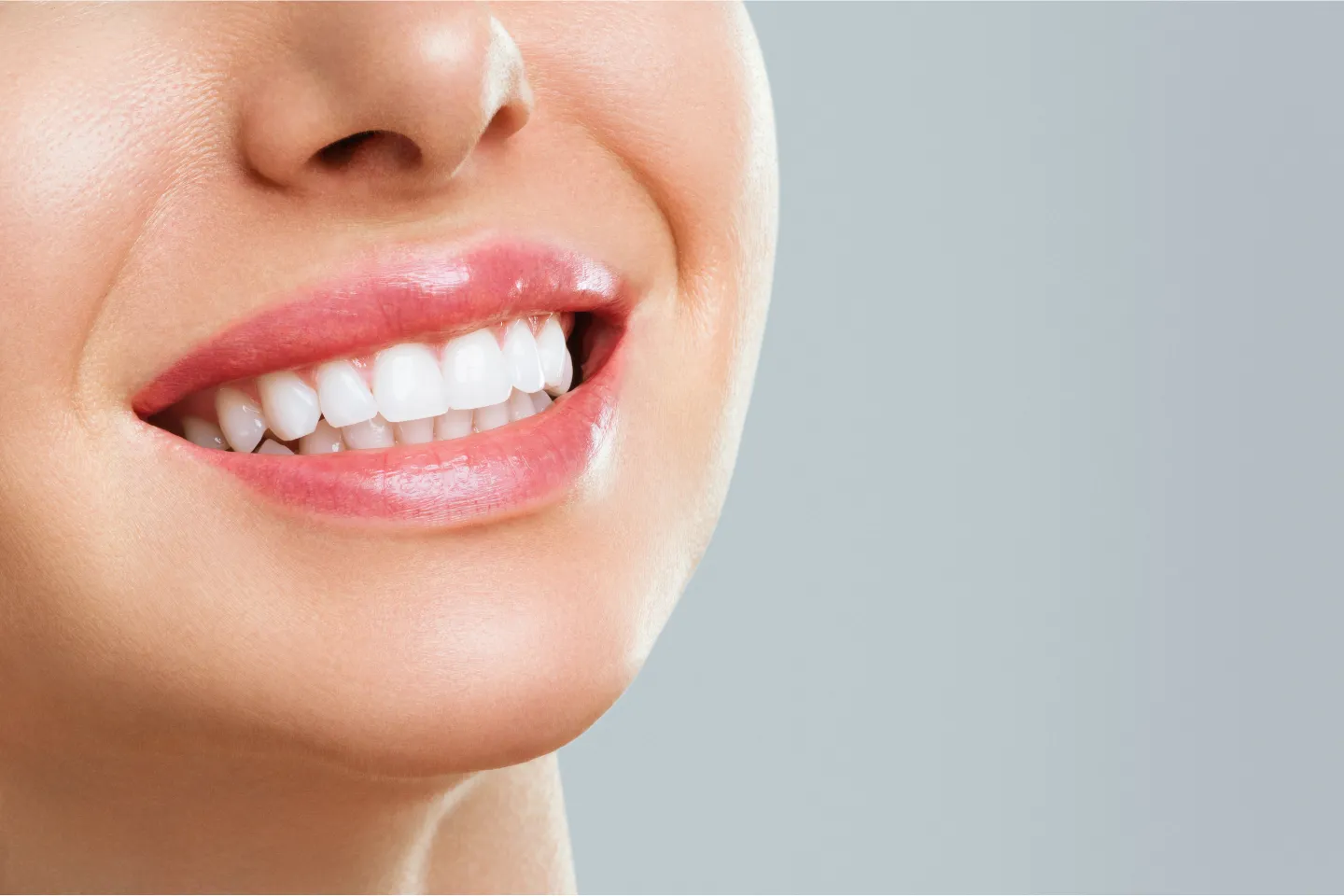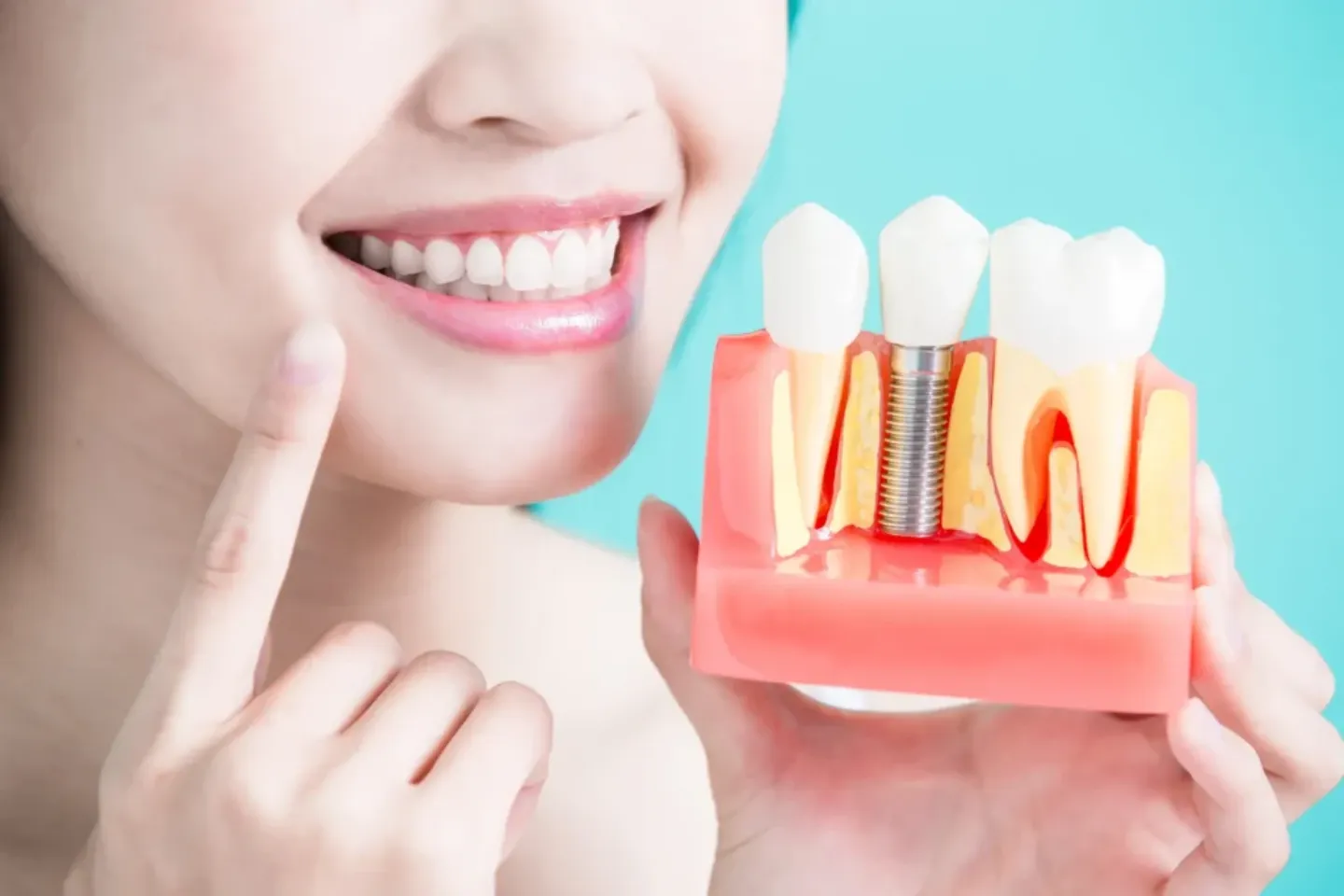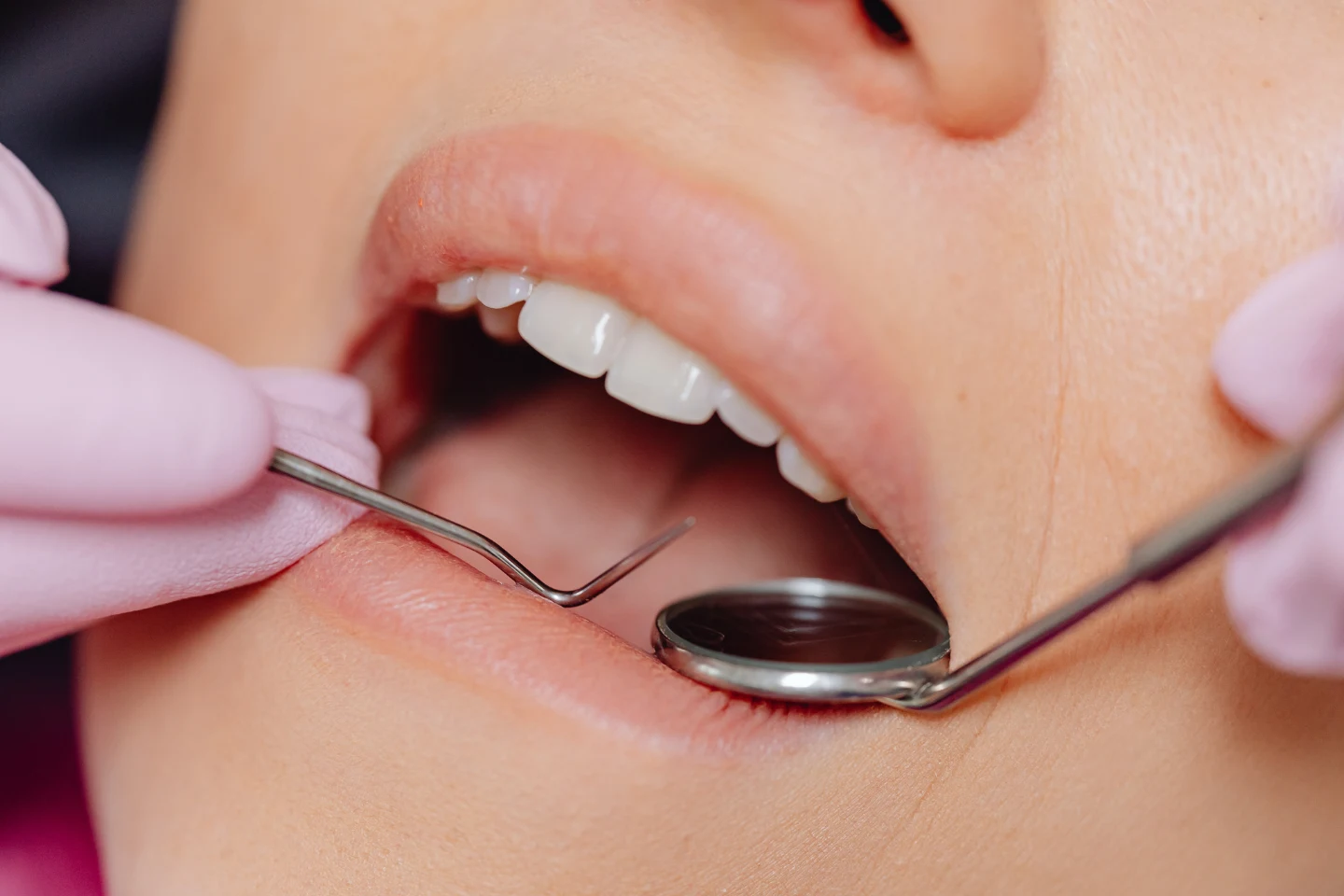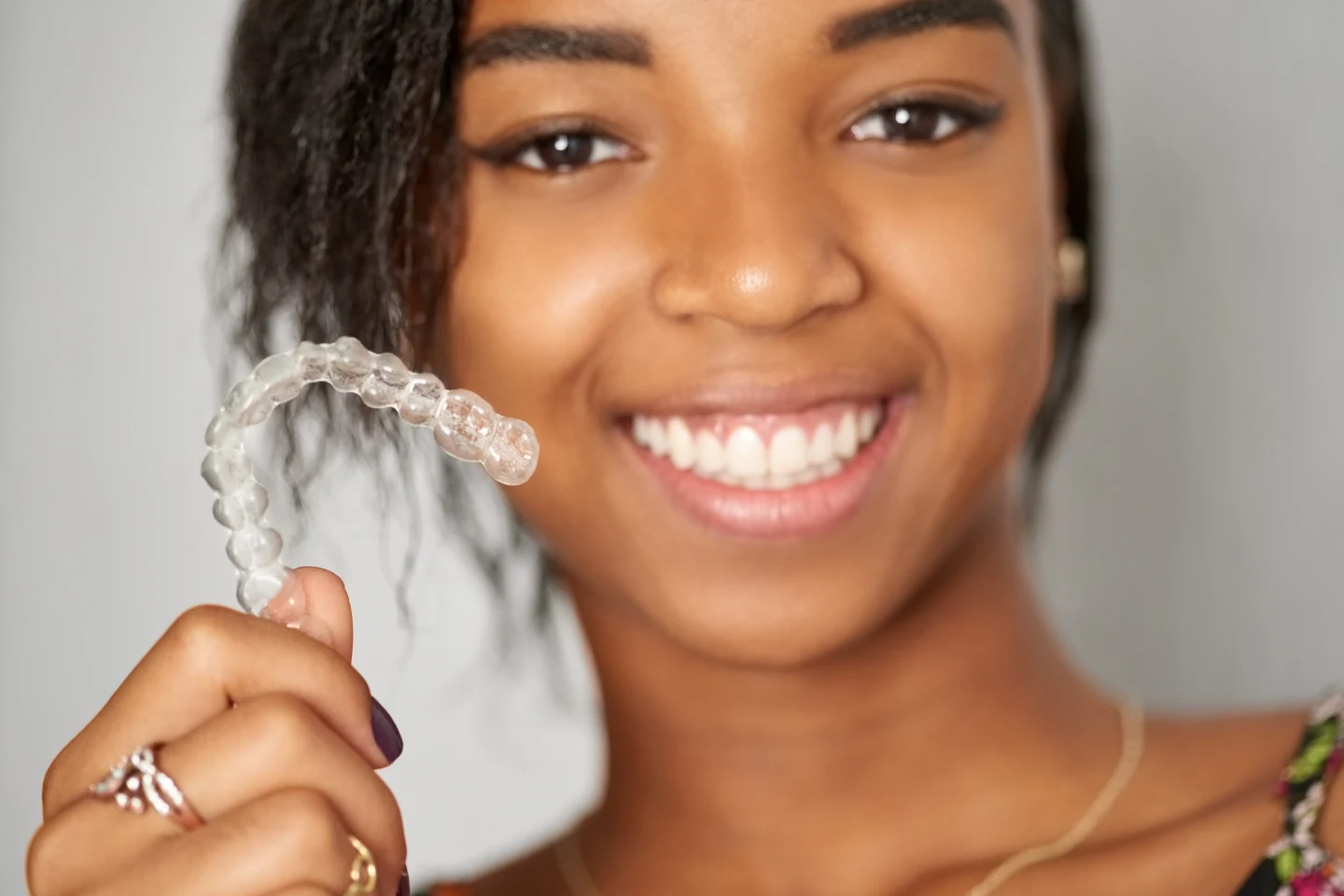Pain, Headaches and Tooth Wear – What Can My Dentist Do To Stop My Teeth Grinding?
Tooth grinding is becoming an increasing problem, in huge part due to the increased levels of daily stress in the busy (and often hard-to-navigate!) modern world.
Tooth wear isn’t merely aesthetically problematic; it can debilitate your oral and general health, increasing your vulnerability to decay, and bringing about chronic jaw and headaches.
But enough of the negatives for a minute! – What can your dentist do to help stop your tooth grinding?
What Can Your Dentist Do To Stop Your Tooth Grinding?
- Best for: light clenching and grinding
- Design: sleek, compact and a tight fit
- Hard exterior: durable and resistant to wear and tear
Treatment For Worn-Down Teeth
Some of the ways in which we can rebuild your smile after chronic or severe grinding include:
This is mainly for people who have severely worn-down teeth as a result of chronic grinding.
Getting To The Heart Of Grinding
Why Does Tooth Grinding Cause Jaw Pain And Headaches?
- Clicking and popping when opening and closing your mouth
- Earaches
- Headaches
- Difficulty opening or closing your mouth
Is My Tooth Grinding Responsible For My Back Pain?
Are My Teeth At Risk From Tooth Grinding?
Contact Meliora Dental For Grinding And Clenching Treatment
Get in touch with us if you’ve been struggling with symptoms relating to tooth grinding, including jaw ache, headaches, clicking in the jaw and upper back pain.







.svg)








.svg)





